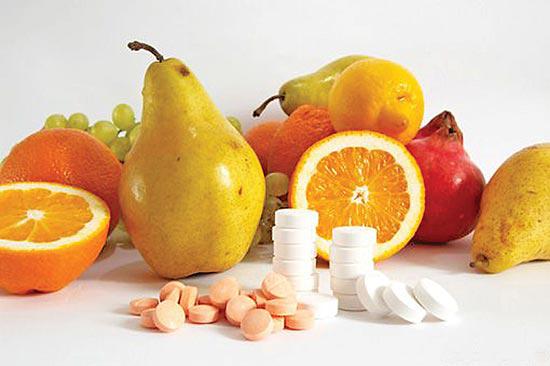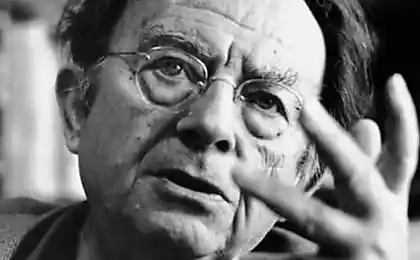502
There are "antivitamin"

It turns out that mineral and vitamins needed by the body there antagonists - substances that suppress their activity. Once in the body, they enter into chemical reactions of metabolism and alter their course.
"Antivitamin" were discovered in the 70s of the last century, we can say, by chance in the course of the experiment on the synthesis of vitamin B9 (folic acid). Then, for no apparent reason, scientists synthesized folic acid not only lost its vitamin activity, but also acquired opposite properties.
So, here are some examples antivitamin and vitamins that they inhibit:
Vitamin B1 (thiamine) is responsible for the normal processes of growth and development and helps to maintain proper functioning of the heart, nervous and digestive systems. But all his positive qualities destroys thiaminase. This substance is ingested raw food: mostly fresh and saltwater fish, but in small quantities thiaminase contained in rice, spinach, potatoes, cherry, tea leaf. So the fans of Japanese cuisine there is a risk to earn a deficiency of vitamin B.
Another very popular antivitamin, which many do not even know it's the caffeine in tea and coffee. Caffeine interferes with the absorption of vitamin B and C. To resolve this conflict, tea or coffee is better to drink a half an hour after eating.
Vitamin A (retinol), though it refers to the fat-soluble vitamins, but an excess of margarine and cooking oils is poorly absorbed. Therefore, when cooking liver, fish, eggs, rich retinol, use the minimum amount of fat.
And the main enemy of vitamins - is, of course, alcohol and tobacco (including passive smoking). Alcohol is particularly responsible for the destruction of vitamins B, C and K. One cigarette displays the body daily requirement of vitamin C.
Source: www.aif.ru
via factroom.ru























